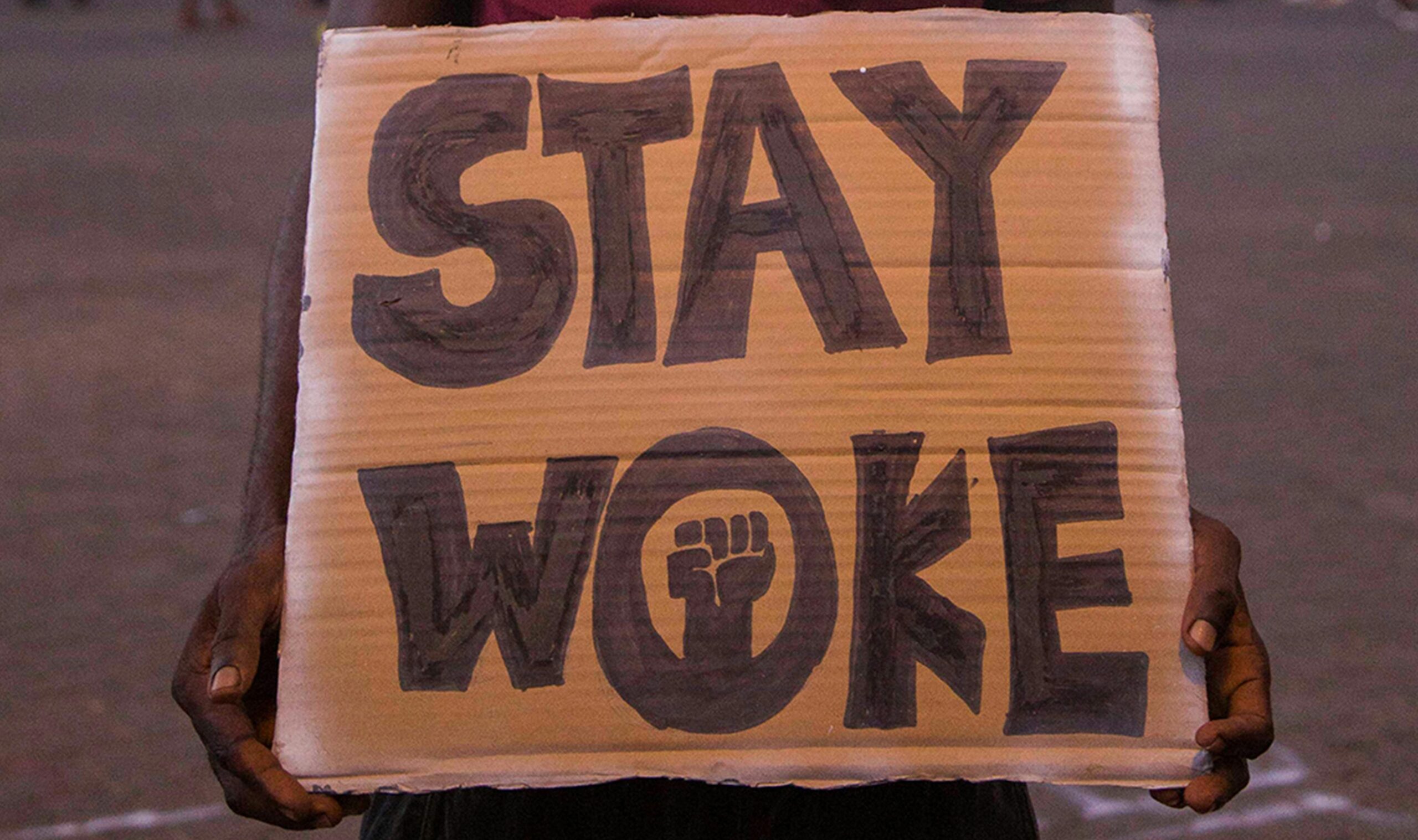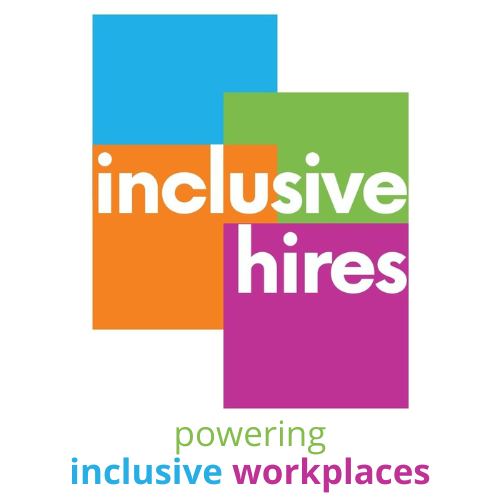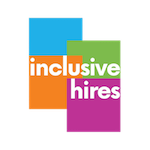
We need to talk about “woke”, the now often contested and often misused term.
The broadcaster Ashley James recently received widespread praise on social media after sharing her definition of the word in a discussion on the TV show ‘This Morning.’ She said she felt the term “woke” had been weaponised, when: “All it is doing is trying to attempt for society to care about and consider people’s feelings and to attempt for society to be more equal.”
Critics of “wokeness” argue that the concept is divisive and can be overly focused on identity politics. For some, the term represents an imposition of certain ideologies or values. It has come to be viewed negatively, seen as associated with excessive political correctness, self-righteousness, or even as a form of ideological extremism. It has also become politicised, with different political factions using it to either praise or criticise certain viewpoints or movements.
The origin of the term
“Woke” originally emerged as African American Vernacular English (AAVE) slang to describe a heightened awareness of social and political issues, particularly those related to racial injustice. It’s evolved to refer more broadly to being aware of and actively engaged in challenging various forms of oppression, including racism, sexism, homophobia, and other systemic injustices.
In discussions about social justice, being woke often involves recognising and acknowledging one’s own privilege, as well as working to dismantle systems of oppression that perpetuate inequality. It’s about actively seeking to understand and address the ways in which privilege operates in society, and using that awareness to advocate for change and support marginalised communities.
Whether it’s respecting someone’s pronouns, using inclusive language or challenging bias, being woke simply means being alert to social injustice, aware of our own privilege, and striving for equity and inclusion. Surely, to quote Ashley James again: “That can only be a good thing.”
~ Inclusive Recruiting
Continued conversations nurture better understanding and allyship. Sign your team up today for our EDI Dialogues bite-sized inclusion workshops.

